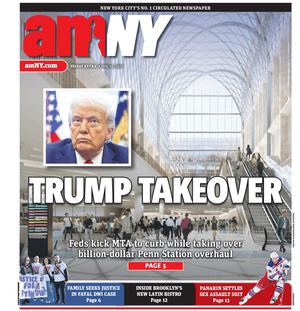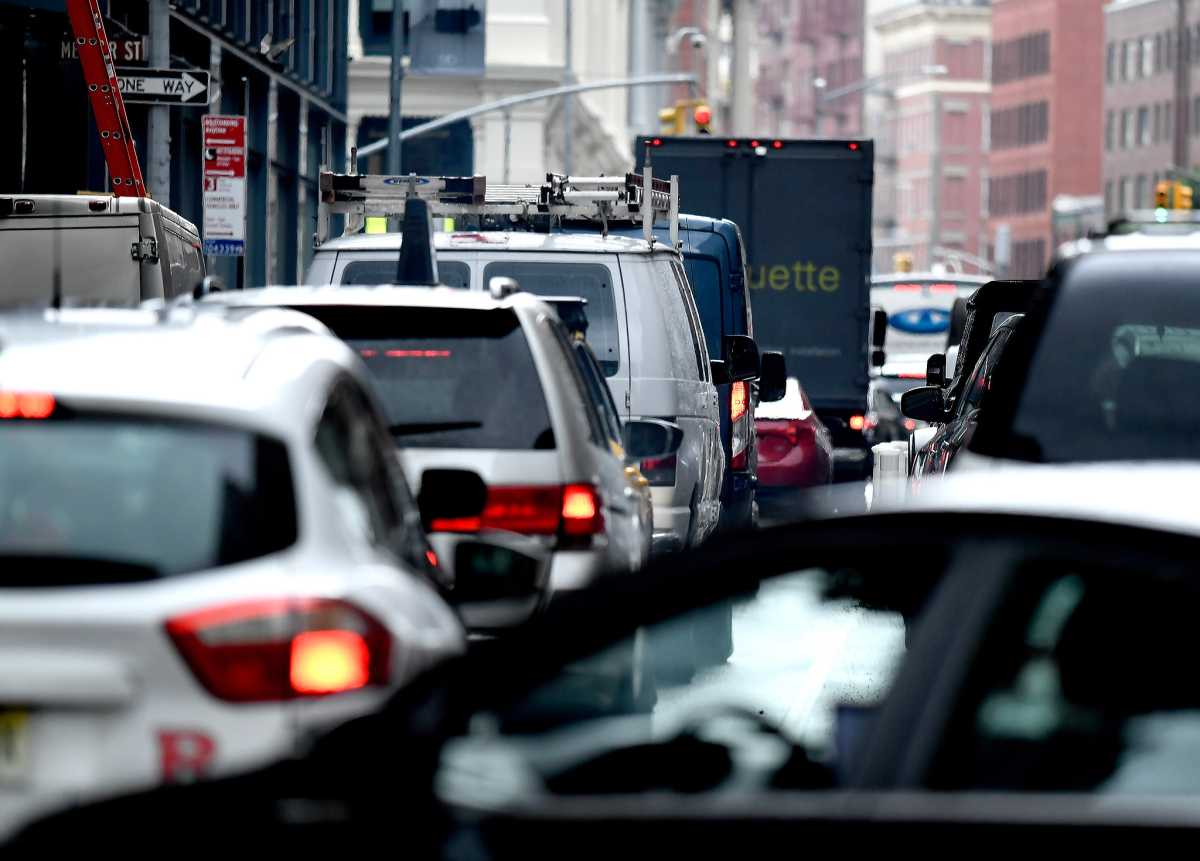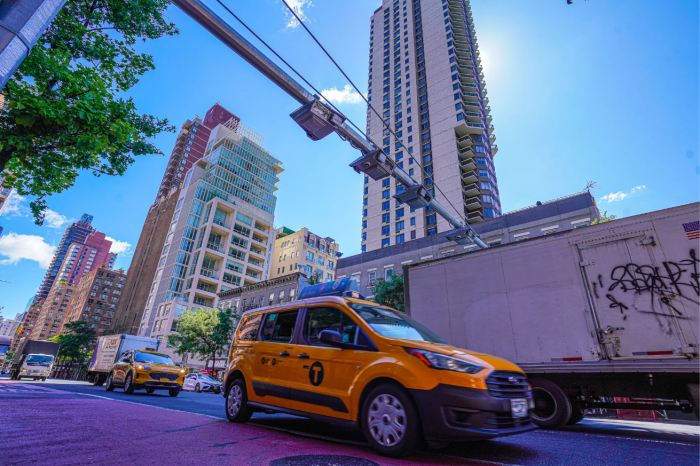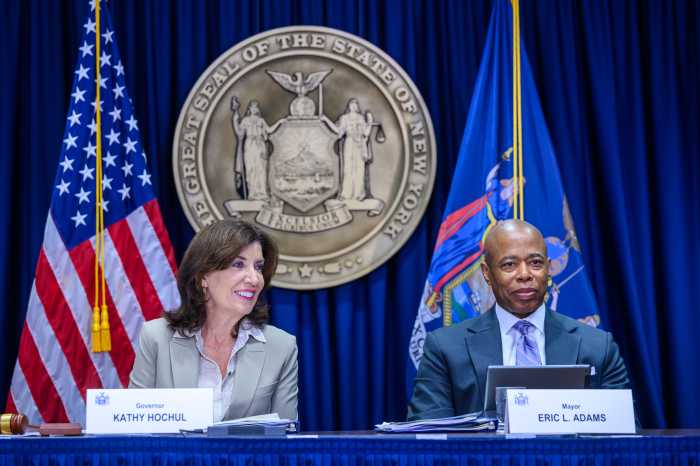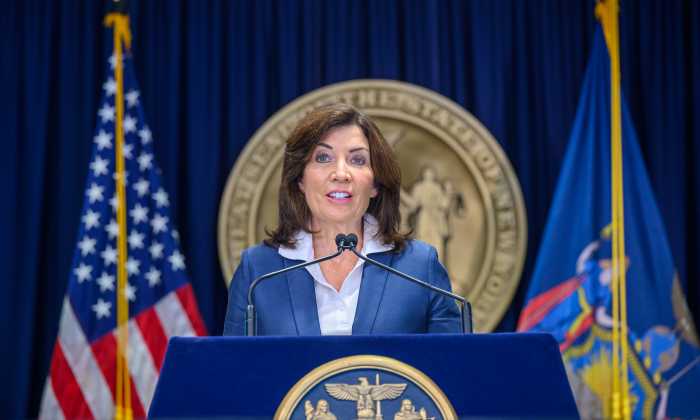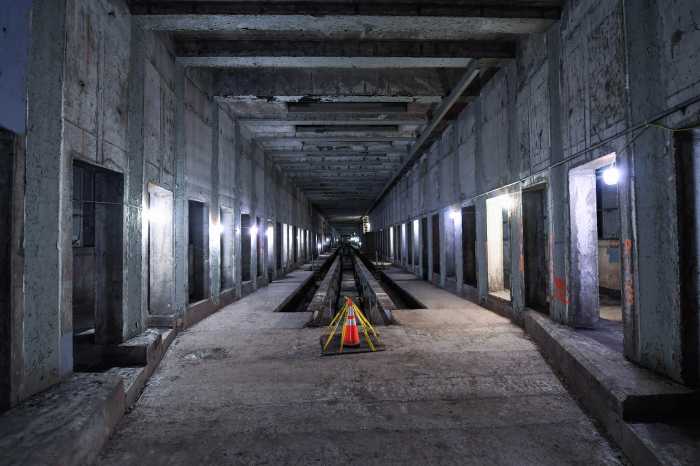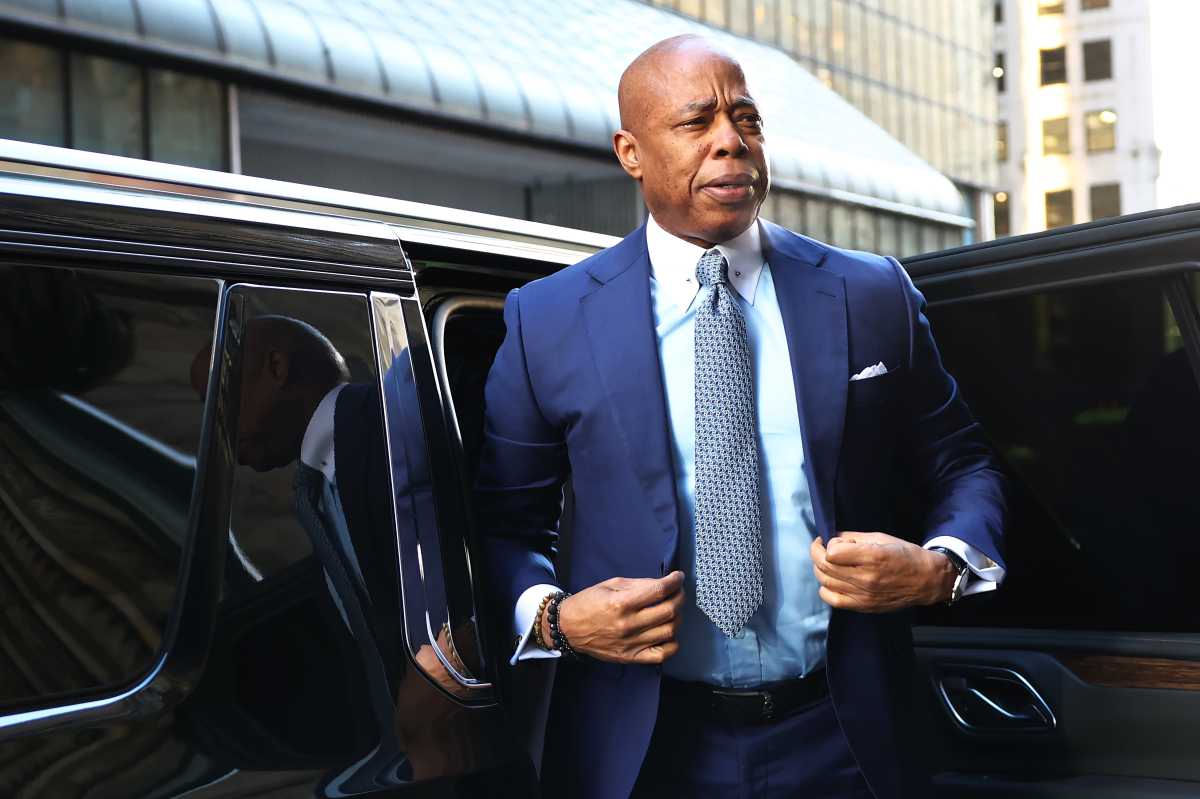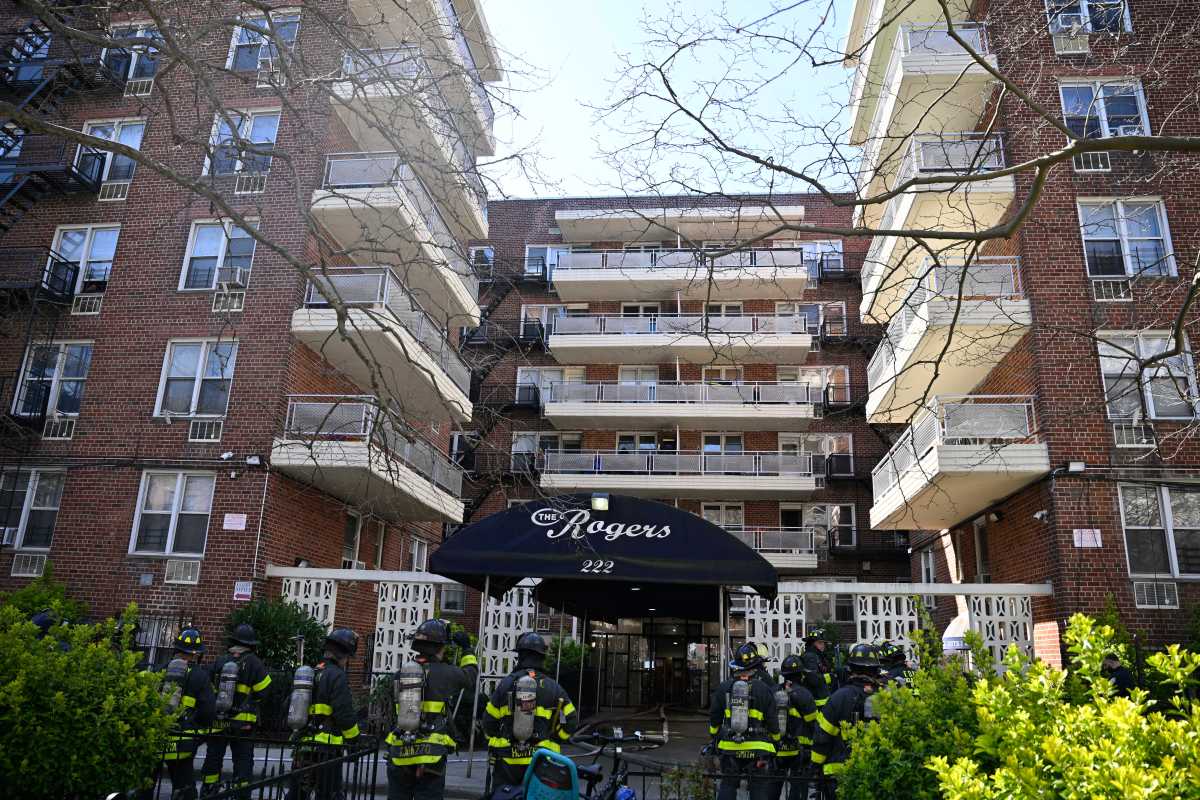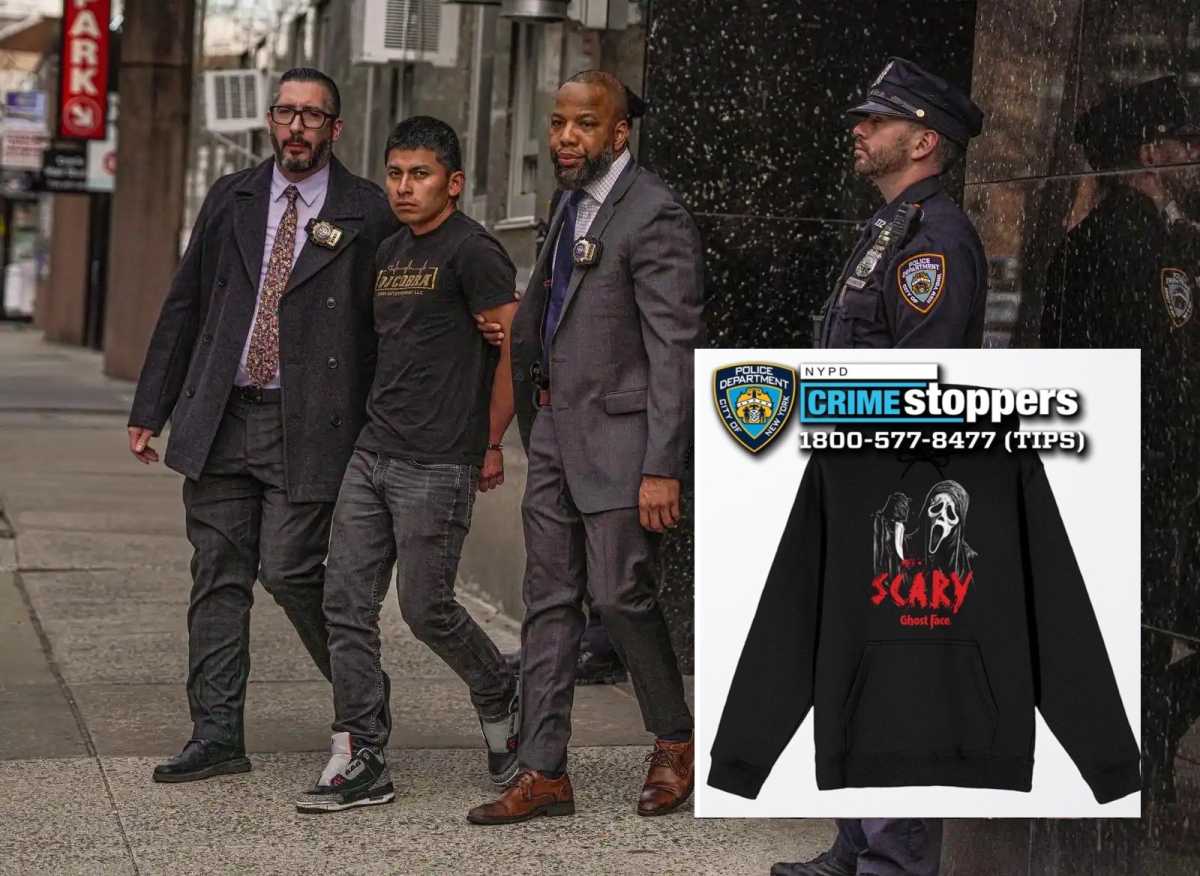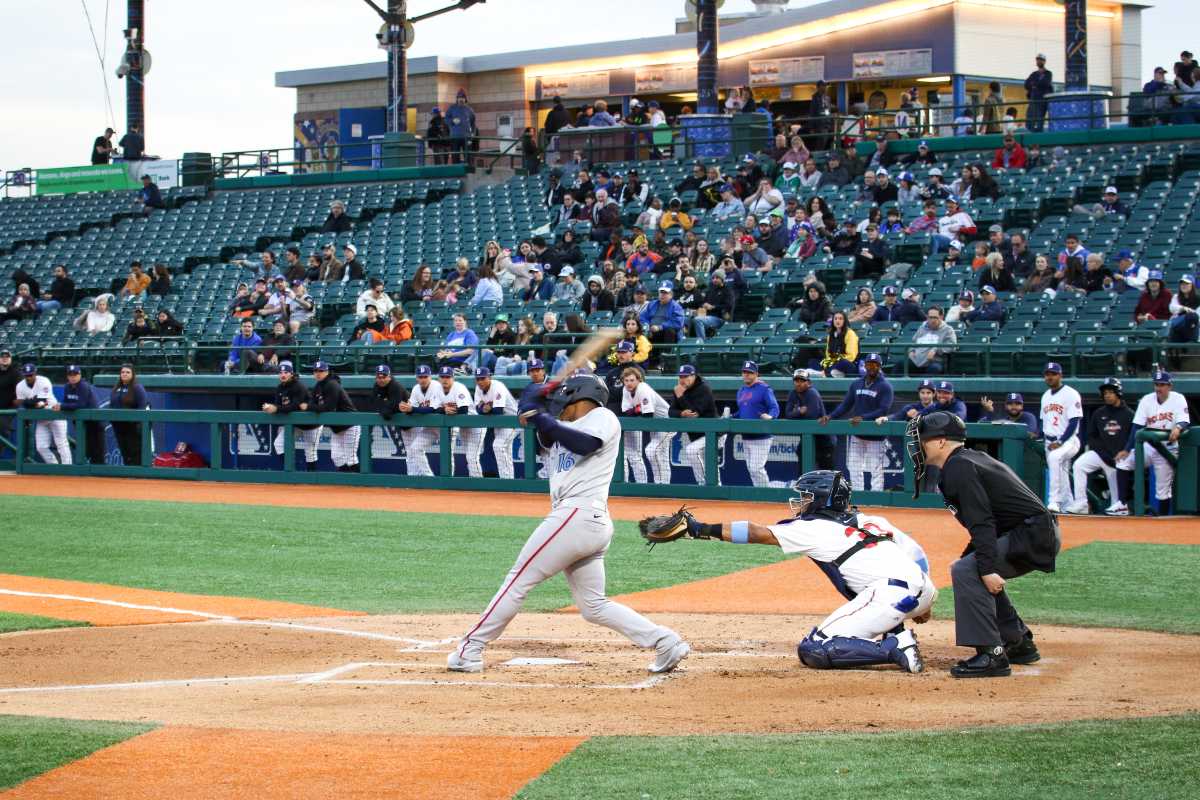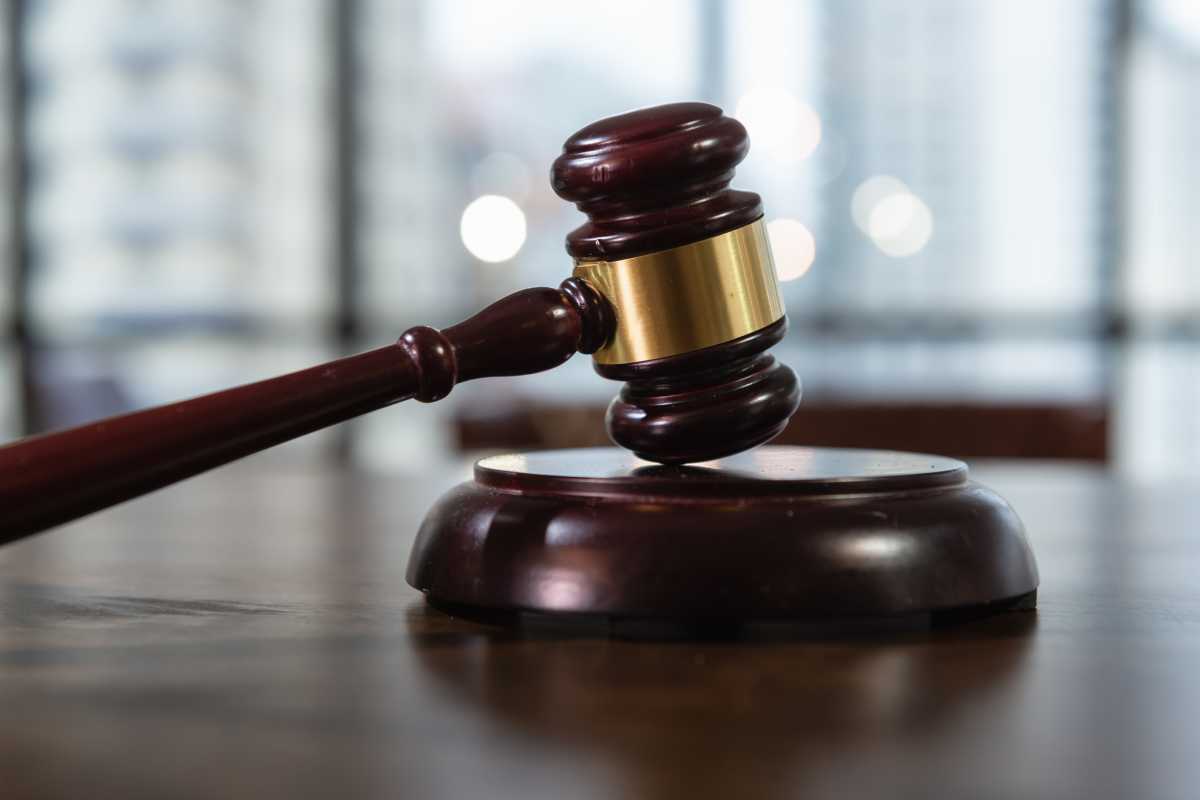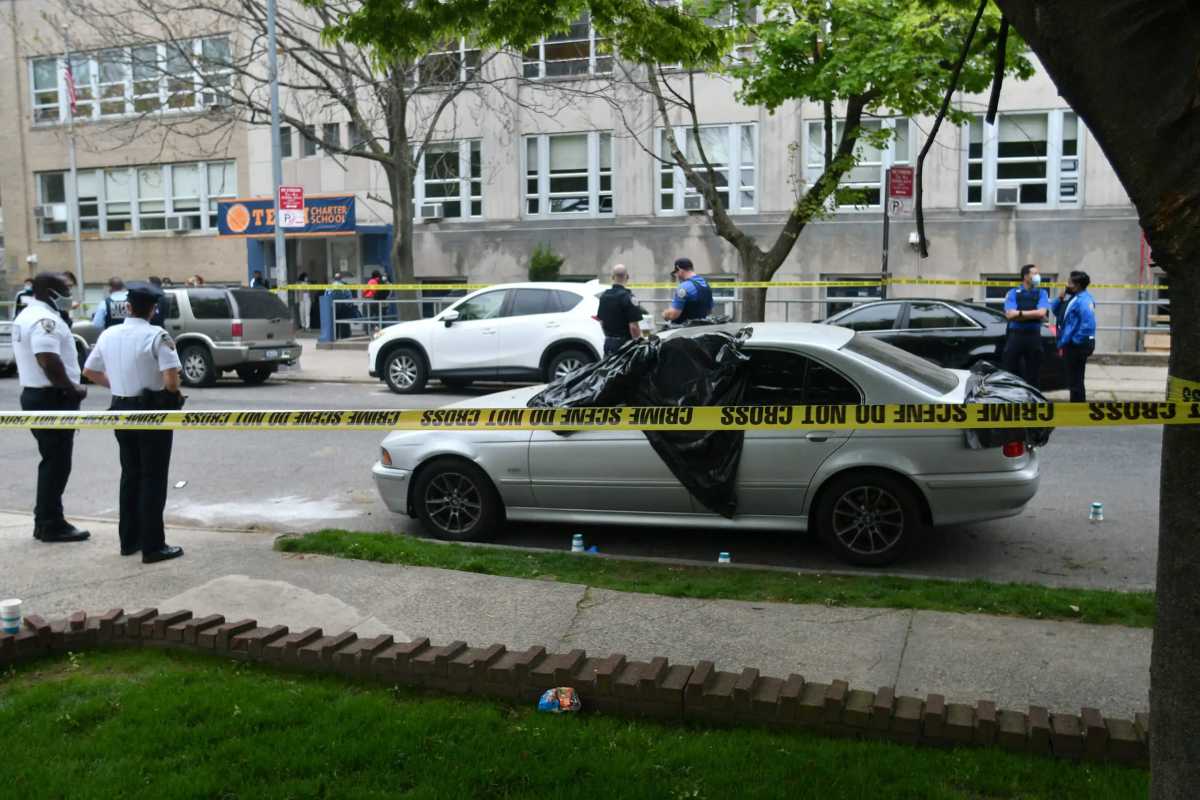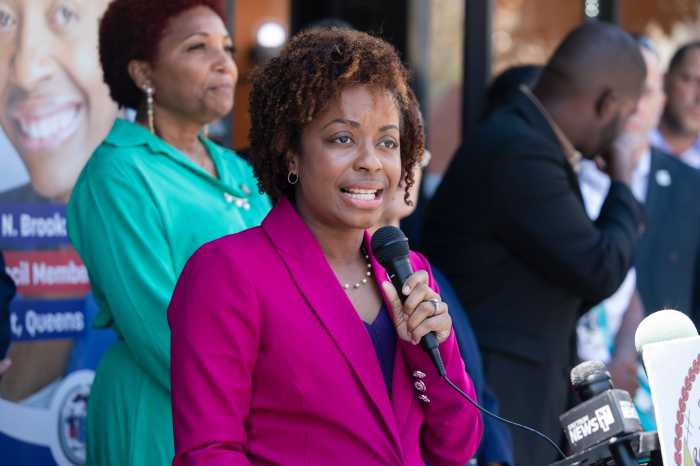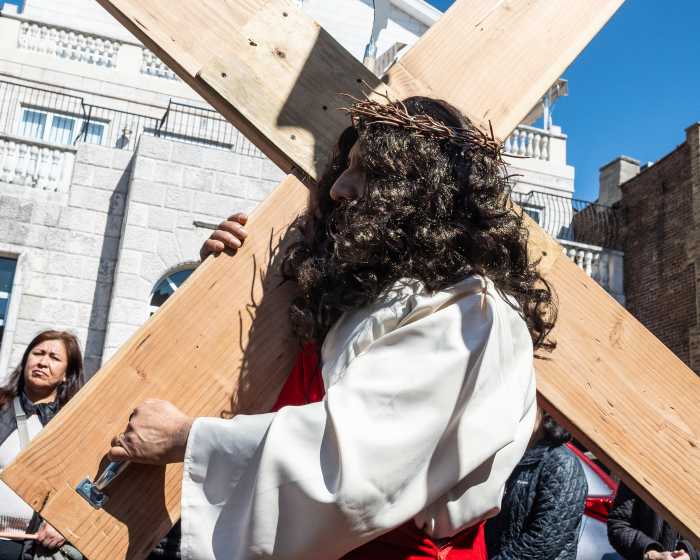A judge has allowed two lawsuits challenging Gov. Kathy Hochul’s pause on congestion pricing to proceed, rejecting the governor’s attempts to have the litigation dismissed.
Manhattan Supreme Court Justice Arthur Engoron ruled Friday that the governor’s team had not met the burden to have the cases dismissed, allowing litigants seeking to overturn the governor’s “temporary pause” — which is now approaching its fourth month — to argue in earnest that Hochul’s actions were unlawful.
“Governor Hochul attempted to shut the courthouse doors to New Yorkers who are concerned about the air we breathe, the vehicles crowding our streets, our underfunded public transit, and the future of our planet,” said Dror Ladin, senior attorney at Earthjustice representing some of the plaintiffs. “The judge rejected the Governor’s effort to shield her disastrous decision to block congestion pricing and confirmed that her decisions are not above the law.”
Hochul is facing two lawsuits in state court challenging her eleventh-hour pause of congestion pricing. The program was set to start on June 30 and would have charged a $15 toll for most motorists to enter lower Manhattan, with proceeds funding MTA capital improvements.
One of the lawsuits, helmed by the City Club of New York, argues the pause violates the original 2019 statute directing the state to implement a congestion pricing program to fund capital improvements to the aging MTA system, like upgrading its ancient signal system and making more subway stations accessible to people with disabilities.
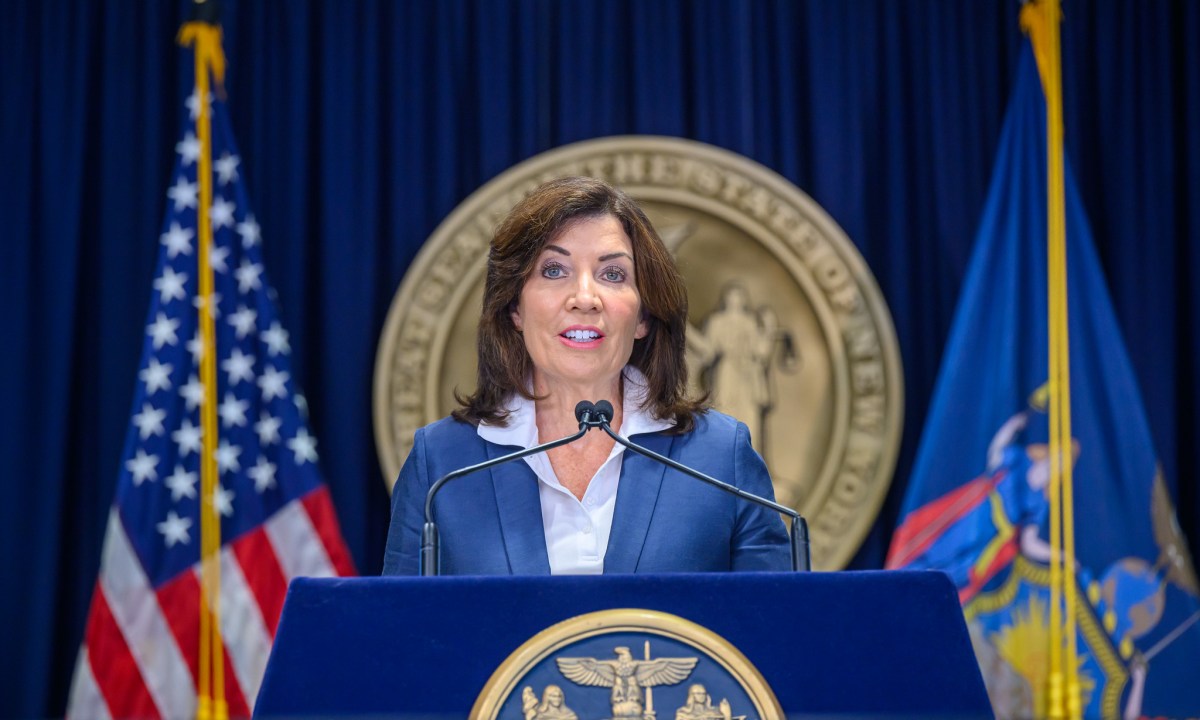
The other suit, filed by the Riders Alliance, Sierra Club, and New York City Environmental Justice Alliance, says the pause violates New York environmental law; the program was expected to significantly reduce automotive traffic in Manhattan’s central business district and lead to slight declines in pollution throughout the New York region. Both suits were organized jointly and the judge allowed Hochul to argue against both at the same court date.
Hochul is being represented by private counsel; state Attorney General Letitia James determined she could not represent Hochul in the matter due to an unspecified conflict, which experts believe has to do with also defending existing suits seeking to overturn the program, dating to before the pause.
Engoron, who famously presided over the state’s civil case against the Trump Organization, appeared skeptical of arguments put forward by Hochul’s lawyer, Alan Schoenfeld, for why Hochul’s transportation commissioner Marie Therese Dominguez was withholding her signature on the final federal document that would initiate congestion pricing.
The pause, announced by Hochul on June 5, effectively defunded the MTA’s capital plan of $16.5 billion — money that was to be spent on the Second Avenue Subway, new signals, elevators in subway stations, and new subway rolling stock and zero-emission buses.
This month, the MTA rolled out its new proposed $68 billion capital plan for the next five years. Funding sources, however, are only identified for half of that plan. Should money be appropriated for the MTA’s capital needs, it may ultimately be used to shore up the old capital plan before being spent on the new one.
“Rather than spend more of New Yorkers’ tax dollars on expensive, private defense lawyers, Governor Hochul should unlock the $16.5 billion worth of transit upgrades she stalled in June,” said Betsy Plum of the Riders Alliance, one of the plaintiffs suing Hochul. “Riders are determined to win the reliable and accessible subways, faster buses, and cleaner air we were promised by law.”
Hochul has said she paused the toll because it was an additional cost burden on New Yorkers already suffering from inflation and on small businesses in the central business district, a notion she gleaned from speaking with New Yorkers in her favorite Midtown diners.
The governor has insisted the pause had nothing to do with politics, even though nearly 60% of New Yorkers in a recent Siena College poll oppose the toll, but is reportedly considering restarting the program at a lower rate following the election.
“Like the majority of New Yorkers, Governor Hochul believes this is not the right time to implement congestion pricing,” said Hochul spokesperson John Lindsay. “We can’t comment on litigation.”
The governor has said she intends to find the money to support the MTA’s capital plan but has been vague on the source of that money.
Read More: https://www.amny.com/nyc-transit/
